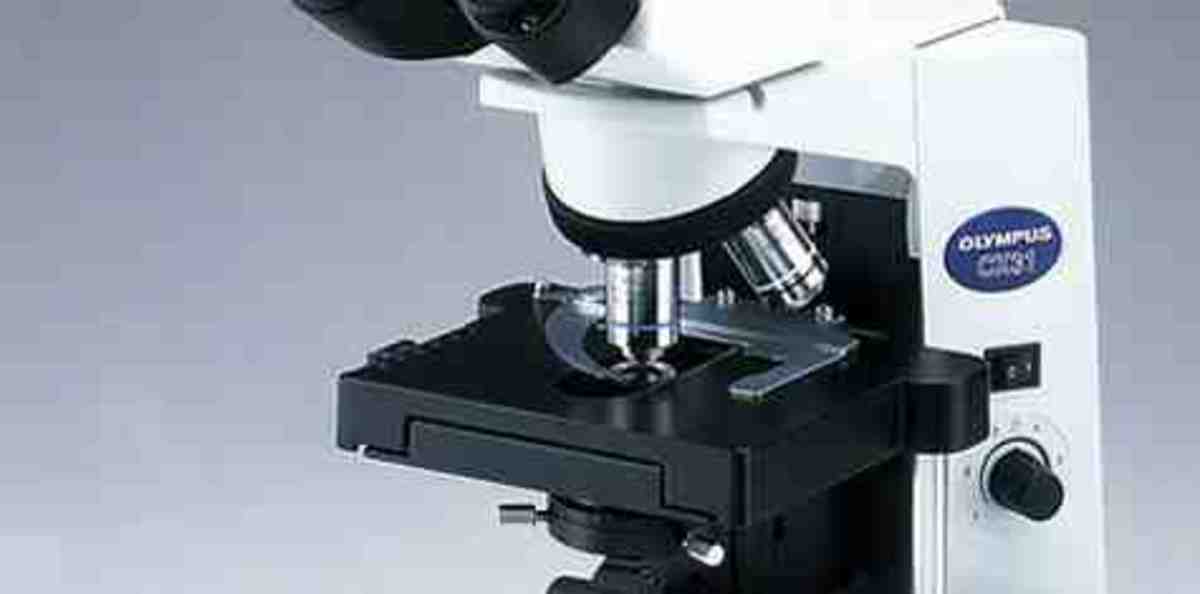What Is a Monocular Microscope and How to Choose One?
Monocular Microscope

Monocular Microscopes
There are many monocular microscopes that you can choose between. This undoubtedly will make you wonder - monocular microscopes - which one is best for me? <---- Find out.
A microscope is a science tool that is utilized to view very small objects and details. Students microscopes are generally basic models that have been designed to be more durable and easy to operate than professional grade microscopes. As students mature their research methods become more advance and because of this the type of microscope that they need will change. One of the microscopes that students typically use is the monocular microscope.
A monocular microscope is a microscope that has only one eyepiece. These models tend to be less expensive than binocular microscopes and they tend to be offered more frequently as basic models for student scientists.
Student Microscopes
Monocular Microscope - Which One Is Best for You?
The first thing that you will want to look at is price. The cost of a monocular microscope is going to vary greatly depending upon who manufactures it, what options are included, the strength of the lenses and the compatibility the monocular microscope to multimedia devices (such as a computer).
Next you will want to examine if the model is electric or refractive. Refractive models will use mirrors to reflect light from the sun or the room's electrical lights to illuminate your slides. Electric models of monocular microscopes, on the other hand, have an electrical light that is used to light up the slide so that it is visible. Electrical models also are more likely to have USB connections so that you can view your slides on your computer.
Finally, you will want to examine the lens strengths that are offered by each model that is available. Basic monocular microscopes will have three relatively low strength lenses while more advanced microscopes will offer a wider range of lens strengths. The lens strength that you select needs to reflect what you will be using the microscope to view. For observing physical details of larger object a lower magnification will usually suffice, however, if you intend on using the microscope for microbiology projects then higher magnifications will be necessary.
If you are thinking about microbiology as a career then try out these Science Fair Projects <---- Free.






